A Mone About PPE (Again!)
Reports in the Guardian last week suggested that Michelle Mone, business woman and member of the British House of Lords, benefited directly from PPE contracts which the government awarded during the pandemic.
Mone and her husband had denied that they gained personally from £200 million worth of PPE contracts, following disclosures that they lobbied politicians including Michael Gove for PPE Medpro to be awarded the business. That enabled the firm to secure a place on the government’s “VIP lane”, which prioritised certain companies that were offering to supply PPE. Many of the firms in that group were recommended by politicians, although others came via recommendations from civil servants, advisers or other prominent people.
Mone’s lawyer last year said she “did not benefit financially and was not connected to PPE Medpro in any capacity”. But already there was evidence that she was involved, and now leaked documents produced by the bank HSBC appear to show that her husband, Douglas Barrowman, was paid at least £65 million from PPE Medpro. Funds were then distributed via offshore accounts and trusts, and some £29 million of that ended up in a trust benefitting Mone and her children.
Separately, PPE Medpro is being investigated for fraud by the National Crime Agency. It is not clear if that is linked to the government’s dispute with the firm over the quality of gowns supplied as part of the contract, which did not meet quality standards (according to the NHS).
Leaving aside the specifics on Mone and Barrowman, who appear to encapsulate the moral bankruptcy of many of the PPE “middlemen” and agents who exploited the pandemic to make excess profit, the case does highlight again some of the weaknesses in PPE procurement. It is easy to be wise after the event of course, but with billions made by some very dodgy people, it is not unreasonable to ask what went wrong. Here are a few of the key issues – we have previously discussed much of this of course!
- The PPE procurement team was slow to ensure that the specifications provided to suppliers were exactly what NHS users needed. That meant it was not the suppliers’ fault that some unusable goods in the early days of Covid did meet those specifications. In other cases, it may be that the supplier was at fault, but the waters are muddy. And whilst time was of the essence, surely samples of items should have been provided before huge consignments were shipped and paid for. It also took a while to get basic supplier due diligence in place.
- The idea of having some sort of prioritised potential supplier system to evaluate offers was in itself reasonable, given so many firms were approaching the buyers. But it should have been a totally transparent process, with the “rules” in the public domain, and it should not have been based primarily on “knowing the right people”. A simple pre-qualification process with a handful of questions would have worked better than what was put in place. I am also amazed that no senior civil servant spotted that the focus on MPs’ mates would look unfair or worse once exposed. The “Private Eye” test (how will this look on the front page of the Eye / Guardian / FT) should have highlighted the issue here.
- Again, whilst acknowledging the pressure to secure supply was incredible, I don’t understand why buyers didn’t delve a little deeper into the cost structures of the suppliers and establish how much margin was being made by those intermediaries. That would have enabled at least some attempt at negotiations to moderate the margins. The lack of curiosity there fuels the conspiracy theories that the buy-side was complicit in helping firms and individuals to rip off the public purse. Just saying “oh, we paid the market price” – which was in effect itself determined by whatever price was offered by those exploitative firms – was not good enough really.
Finally, I have still seen no real explanation of why the estimates of PPE requirements early on were so far out and led to the huge over-ordering of stock, with at least £4 billion worth wasted. That is still costing us now, as PPE is sold off cheaply, or even burnt, whilst we still pay millions for storage. It may be that there was nothing malicious or incompetent behind that, but it would be good to understand how we went so wrong. After all, that was a clear error, one that cost the taxpayer billions.

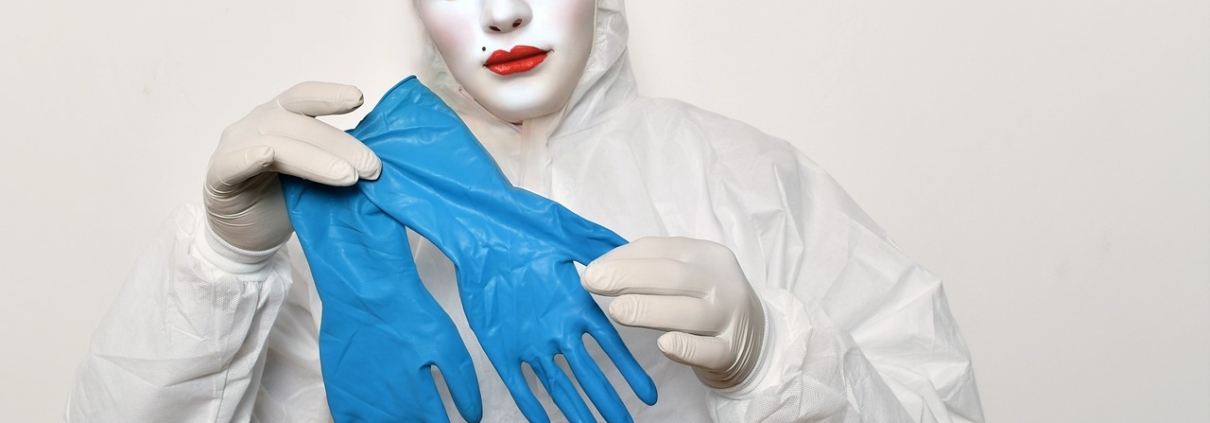

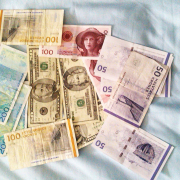
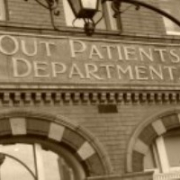
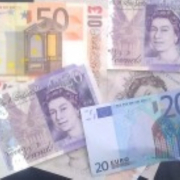

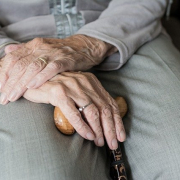

Leave a Reply
Want to join the discussion?Feel free to contribute!